The Amazon Prime Original Series Homecoming (2018- ) premiered a 10-episode first season in November 2018. With Executive Producer and starring credits for Academy Award winning actress Julia Roberts and the intrigue of a series including the treatment of military members suffering from PTSD, I came to the first season with high hopes.
 (Series creators Micah Bloomberg and Eli Horowitz).
(Series creators Micah Bloomberg and Eli Horowitz).
The television show Homecoming streaming on Amazon Prime started as a Gimlet Media audio podcast streaming on Apple. Micah Bloomberg and Eli Horowitz receive creative credit for the podcast and show while Sam Esmail joined the television series in a directorial role after having gained a storytelling reputation with the television show Mr. Robot (2015- ). The first season’s visual feel and sense of eerie emotion and sometimes jarring juxtaposition of imagery feel largely a result of Esmail‘s presence.
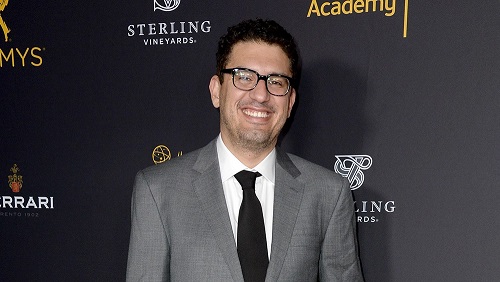 (Season one director Sam Esmail).
(Season one director Sam Esmail).
The leading stars of Homecoming‘s first television season were Julia Roberts, Bobby Cannavale, and Stephan James. Roberts portrays Heidi Bergman, a former caseworker at the Homecoming Transitional Support Center. The support center ostensibly is a special purpose live-in facility run by the Geist Group for members of the military returning from war. From the beginning, we know that there is something fishy going on at the center. (To avoid a spoiler effect and see if I recommend you seeing the Homecoming show, skip to the last two paragraphs of this post).
 (Julia Roberts as Heidi Bergman).
(Julia Roberts as Heidi Bergman).
Stephan James portrays Walter Cruz, the newest soldier receiving care at the facility. Cruz is assigned to the care of Heidi Bergman. The initial interview with Cruz and Bergman seems innocuous, though it is Cruz who calls attention to the fish who are also under the care of Bergman. Cruz foreshadows his own situation when he alerts Bergman to the fact that the fish in Heidi’s care are being fed too much.
 (Stephan James portrayed Walter Cruz).
(Stephan James portrayed Walter Cruz).
Erratic and ambitious boss Colin Belfast, as portrayed by Bobby Cannavale, supervises Heidi Bergman at the Homecoming Transitional Support Center. From the beginning, the precise nature of Colin’s ambition is unclear, as is that of Geist Corporation or the leadership of it. Much suspicion is witnessed from the beginning of the tale as we in the audience or introduced to the events at Homecoming Transitional only years later through an investigation being conducted by Thomas Carrasco.
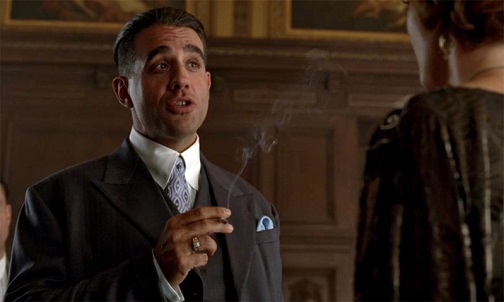 (Bobby Cannavale portrayed Colin Belfast).
(Bobby Cannavale portrayed Colin Belfast).
Thomas Carrasco, as portrayed by Shea Whigham, is an investigator for the Department of Defense of the United States. Carrasco visits Heidi Bergman for what feels like a handful of years after the events at the Homecoming facility only to find Bergman to be evasive and unwilling to cooperate. That Bergman has little to no memory of the events or people at the Homecoming Transitional Support Center only becomes apparent through continued episodes of the series.
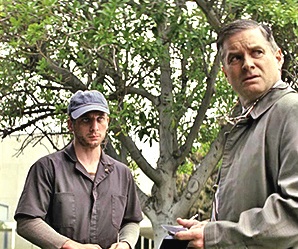 (Jeremy Allen White as Joseph Shrier, left, and Shea Whigham as Thomas Carrasco).
(Jeremy Allen White as Joseph Shrier, left, and Shea Whigham as Thomas Carrasco).
As mentioned above, Walter Cruz is a central character and a returning military member who has been selected for the services of the support center. The one member from Cruz’ unit in Afghanistan who joined Cruz at the support center was Joseph Shrier, who was portrayed by Jeremy Allen White. Shrier had entered the program of therapy that we would learn Walter Cruz will have been experiencing through the course of this season, though Shrier is experiencing much more acute expressions of suspicion, paranoia, and lack of adjustment. Unlike Cruz, we learn that Shrier suspects lies about the program and wants answers.
 (Sissy Spacek as Ellen Bergman).
(Sissy Spacek as Ellen Bergman).
Motherly instincts of protection and obfuscation are in full effect in the defense of children when it comes to the investigation of Thomas Carrasco. Ellen Bergman, as portrayed by Sissy Spacek, looks to defend the reputation and feelings of her daughter, Heidi Bergman when Carrasco comes calling. That defense comes after Ellen has been duped into some initial support when Carrasco manages to fix a record player, yet ends quickly when actual questioning of significance begins.
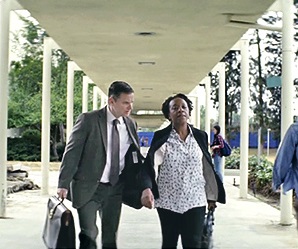 (Shea Whigham as Thomas Carrasco, left, and Marianne Jean-Baptiste as Gloria Morisseau).
(Shea Whigham as Thomas Carrasco, left, and Marianne Jean-Baptiste as Gloria Morisseau).
Gloria Morisseau, as portrayed by Marianne Jean-Baptiste, takes a universally contrarian approach to all people when it comes to the innocence and trusting nature of her son. Morrisseau’s son is none other than Walter Cruz, who brings an innocence to his interactions with Heidi Bergman. As the storytelling in Homecoming is not strictly linear, it is in seeing the younger Heidi Bergman at the Homecoming Transitional Support Center that we see Heidi first seek the ambition that she sees in her supervisor that becomes a questioning of outcome then advocacy for Cruz. Moral ambiguity, manipulation, and degrees of knowledge are revealed as the season advances.
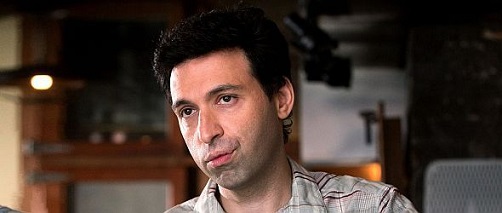 (Alex Karpovsky as Homecoming Transitional Support Center technician Craig).
(Alex Karpovsky as Homecoming Transitional Support Center technician Craig).
The ambitious boss through the series is Colin Belfast. We learn that Belfast is pushing for power and access at Geist, with drug trials at the Homecoming Transitional Support Center underpinning much of his effort. Belfast is revealed to be morally corrupt through much of the first season of Homecoming. Technician Craig, as portrayed by Alex Karpovsky, takes action to report the happenings at Homecoming to Belfast while simultaneously covering the tracks of any morally questionable activities.
Much drama from the first season of Homecoming has been identified within what, thus far, has been a summary of the opening season of the television show. A second season is in production at the time of this writing. A large number of questions about the characters and events in season one were addressed while many others have been left unresolved or unexplored.
The look and feel of first season was visually unique and appealing in many ways. That the show aimed to offer this was appreciated, though there were at least two cases where the scenes were seriously too dark. An episode with scripted practical jokes in the episode was visually well executed. The story itself, while full of suspense, intrigue, and surprises throughout, did not raise itself to a level where I wanted to say very well done. That there is an opportunity for more story is appreciated. Overall, my grade for the first season of Homecoming is 3.25-stars on a scale of 1-to-5 stars.
Matt – Wednesday, January 23, 2019

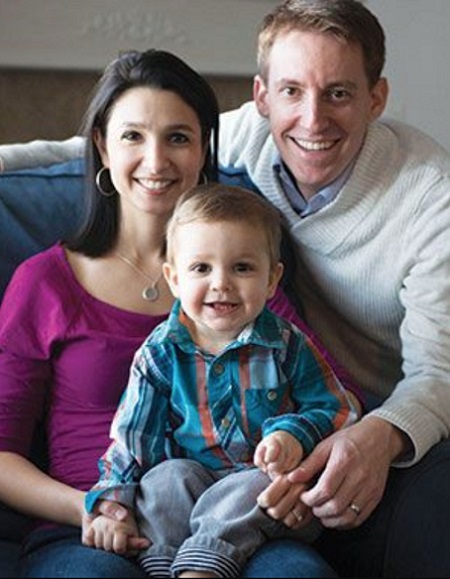



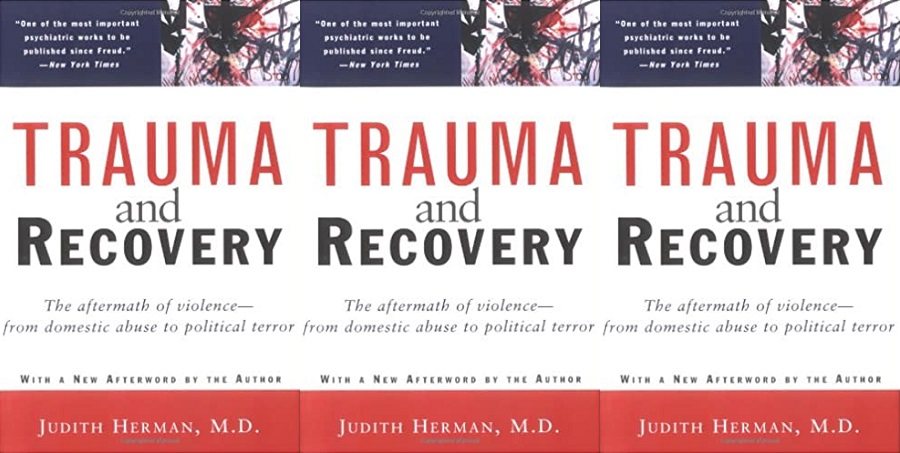
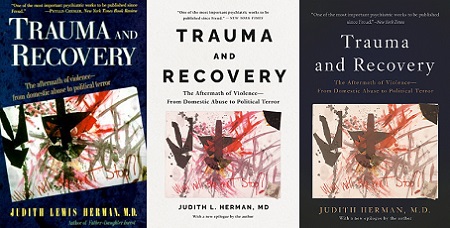
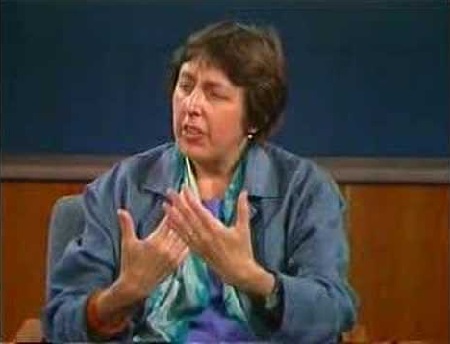









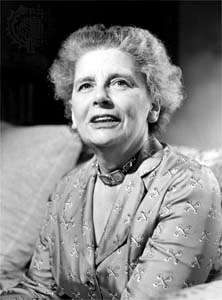 (Rebecca West wrote The Return of the Soldier after making a name for herself as a fighter for
(Rebecca West wrote The Return of the Soldier after making a name for herself as a fighter for 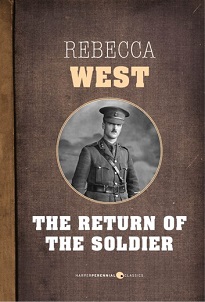 (Rebecca West wrote The Return of the Soldier after making a name for herself as a fighter for
(Rebecca West wrote The Return of the Soldier after making a name for herself as a fighter for 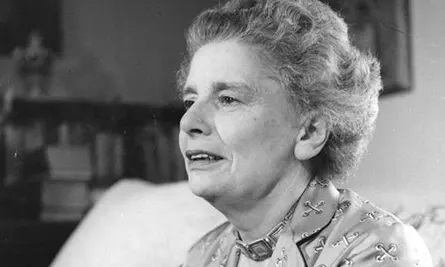 (Rebecca West wrote The Return of the Soldier after making a name for herself as a fighter for
(Rebecca West wrote The Return of the Soldier after making a name for herself as a fighter for  (Rebecca West wrote The Return of the Soldier after making a name for herself as a fighter for
(Rebecca West wrote The Return of the Soldier after making a name for herself as a fighter for 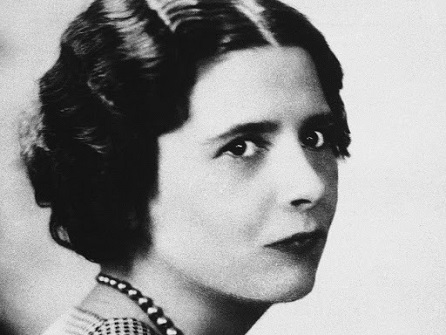 (Rebecca West wrote The Return of the Soldier after making a name for herself as a fighter for
(Rebecca West wrote The Return of the Soldier after making a name for herself as a fighter for 
 (Series creators Micah Bloomberg and
(Series creators Micah Bloomberg and  (Season one director Sam Esmail).
(Season one director Sam Esmail). (Julia Roberts as Heidi Bergman).
(Julia Roberts as Heidi Bergman). (Stephan James portrayed Walter Cruz).
(Stephan James portrayed Walter Cruz). (Bobby Cannavale portrayed Colin Belfast).
(Bobby Cannavale portrayed Colin Belfast). (Jeremy Allen White as Joseph Shrier, left, and Shea Whigham as Thomas Carrasco).
(Jeremy Allen White as Joseph Shrier, left, and Shea Whigham as Thomas Carrasco). (Sissy Spacek as Ellen Bergman).
(Sissy Spacek as Ellen Bergman). (Shea Whigham as Thomas Carrasco, left, and Marianne Jean-Baptiste as Gloria Morisseau).
(Shea Whigham as Thomas Carrasco, left, and Marianne Jean-Baptiste as Gloria Morisseau). (Alex Karpovsky as Homecoming Transitional Support Center technician Craig).
(Alex Karpovsky as Homecoming Transitional Support Center technician Craig).